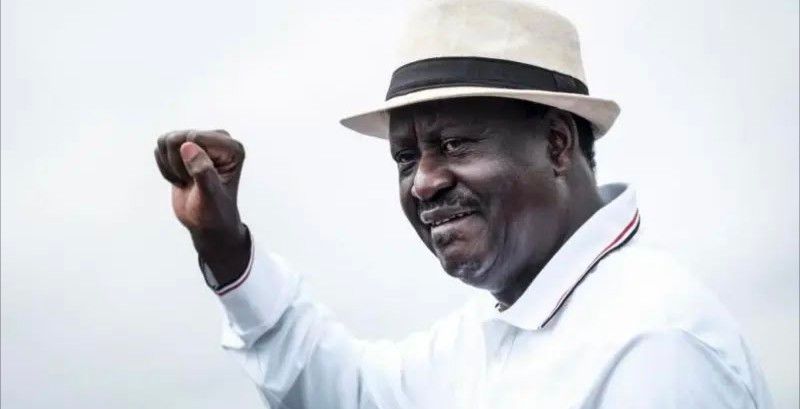
Raila Odinga, a towering figure in Kenyan politics, remained one of the country’s most influential leaders despite five failed attempts at the presidency.
A fervent defender of multi-party democracy, Odinga was celebrated by his devoted followers and scorned by political elites who felt threatened by his influence. For years, he embodied opposition politics in Kenya, earning admiration as a firebrand leader with an unwavering commitment to democratic ideals.
Fondly referred to as "Baba"—Swahili for father—Odinga passed away on Wednesday morning at the age of 80 in India, where he had been undergoing treatment for an undisclosed illness.
His death marks not only the loss of a formidable pan-African voice but also creates a vacuum in Kenya’s opposition politics, just as the nation gears up for the 2027 general elections.
Though he hailed from a prominent political family, the presidency remained out of reach throughout his long career—mirroring the path of his father, who served as Kenya’s first vice-president after independence from Britain but also never held the top office.
Odinga came closest to power in 2008 when he was appointed prime minister in a coalition government, following a disputed election. His fifth and final presidential bid came in 2022.
Earlier in 2024, he also lost the contest to chair the African Union Commission to Djibouti's foreign affairs minister.
Despite these political setbacks, Odinga’s presence was so potent that multiple Kenyan presidents found it difficult to govern without his cooperation. In 2023, President William Ruto struck a political deal with Odinga, resulting in several opposition figures receiving cabinet posts.
Four members of Odinga's ODM party joined what became known as a "broad-based" government. Many viewed this as Ruto’s strategy to tighten his grip on power amidst growing frustration over economic hardships and heavy taxation.
However, this move sparked backlash, particularly from the youth who had led anti-government protests the previous year. They accused Odinga of betrayal—a charge he rejected, asserting that he had only "donated" experts to help the president "save" the country.
An enthusiastic Arsenal supporter and ardent football fan, Odinga belonged to the Luo community, Kenya’s fourth-largest ethnic group. His supporters gave him affectionate nicknames like "Agwambo" (Act of God) and "Tinga" (Tractor)—the latter inspired by the symbol of his political party during the 1997 elections.
At rallies, Odinga’s signature slow dance to reggae music—dubbed "The Raila Dance"—became a widely mimicked cultural staple across Kenya.
In the 2022 election, Odinga broke new ground by selecting Martha Karua, a former Justice Minister, as his running mate. It was the first time a leading presidential contender had chosen a woman as a deputy, earning widespread acclaim.
He was often seen as the political successor to his father, Jaramogi Oginga Odinga, who was a key figure in post-independence Kenya. Jaramogi resigned from the government in 1966 following a falling out with then-President Jomo Kenyatta, whose son Uhuru later became Kenya’s head of state during the multi-party era.
The ideological rift between the two patriarchs was stark—Jaramogi leaned toward the Soviet Union and China, while Kenyatta aligned with the West. Their rivalry deepened, culminating in Jaramogi’s detention for 18 months before his release in 1971.
Raila Odinga, too, endured imprisonment and became Kenya’s longest-serving political detainee. He was arrested for his alleged role in a failed 1982 coup and was held from 1982 to 1988, and again from 1989 to 1991 during President Daniel arap Moi's regime.
These experiences propelled him to national prominence and intensified his crusade against single-party rule. After the reintroduction of multi-party democracy in the early 1990s, Odinga made repeated attempts to claim the presidency, frequently asserting that electoral fraud had denied him victory.
The most volatile of these contests came in 2007. Odinga’s accusations of a stolen election sparked widespread violence that left approximately 1,200 dead and forced thousands to flee. A power-sharing deal, brokered by former UN Secretary-General Kofi Annan, led to Odinga’s appointment as prime minister. However, his tenure was marked by tensions with President Mwai Kibaki, whom he accused of engaging in "supremacy wars."
In 2017, Odinga lost to President Uhuru Kenyatta but successfully challenged the results in court. The Supreme Court annulled the election due to irregularities Odinga had highlighted. Nevertheless, he boycotted the re-run, citing a lack of electoral reforms.
Following the re-election of Kenyatta, Odinga staged a symbolic swearing-in as "the people’s president" at a major rally in Nairobi. He also urged his supporters to boycott businesses owned by the Kenyatta family in protest.
This long-standing rivalry took an unexpected turn in 2018 with a symbolic handshake between Odinga and Kenyatta. The détente paved the way for Kenyatta to endorse Odinga’s final run for president in 2022.
Internationally, Odinga was known as a committed pan-Africanist who spoke out against what he called neo-colonialism. From 2018 to 2023, he served as the African Union’s High Representative for Infrastructure Development, advocating for continental integration through infrastructure projects.
He was also tasked by the AU to mediate in the 2010-2011 crisis in Ivory Coast. However, his mediation failed, as then-President Laurent Gbagbo accused him of partiality towards opposition leader Alassane Ouattara.
Outside politics, Odinga enjoyed simple pleasures—taking walks around his neighborhood in Nairobi and in his hometown of Siaya in western Kenya, and spending time at the gym.
Born on 7 January 1945 in Maseno, Kisumu County, Odinga studied in East Germany, where he earned a master’s degree in mechanical engineering in 1970.
He was married to Mama Ida, and they had four children: the late Fidel, Rosemary, Raila Junior, and Winnie.
Fidel was named after Cuban revolutionary Fidel Castro. Odinga once said he chose the name because his son was born during the Cold War, and "Mr Castro was seen to be standing against the US in the Vietnam war".
Though critical of U.S. foreign policy, Odinga strongly supported the adoption of Western-style democratic institutions in Kenya.
In the end, he is likely to be remembered most for his central role in establishing multi-party democracy in Kenya—an achievement that defined his legacy, even if the presidency remained forever out of his grasp

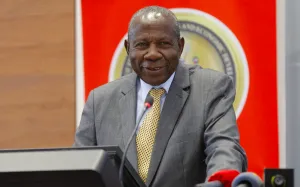
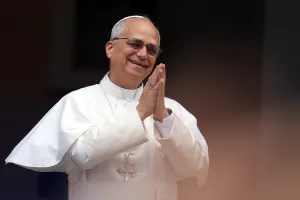
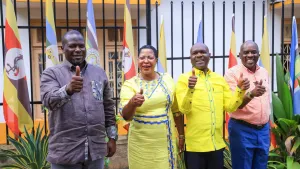
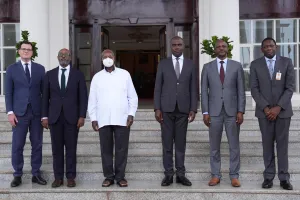
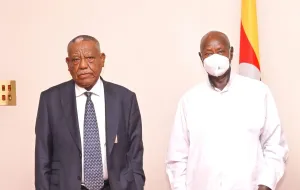





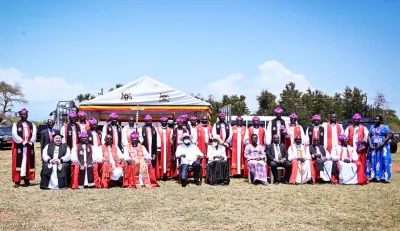
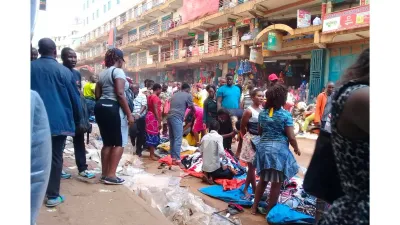
Phillip Baraka
Leave a Comment
Your email address will not be published.